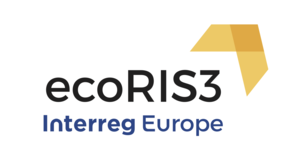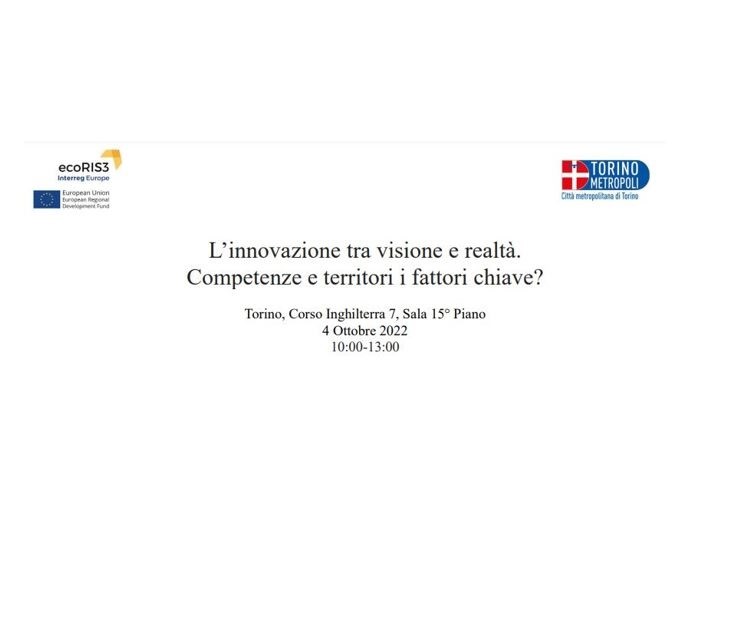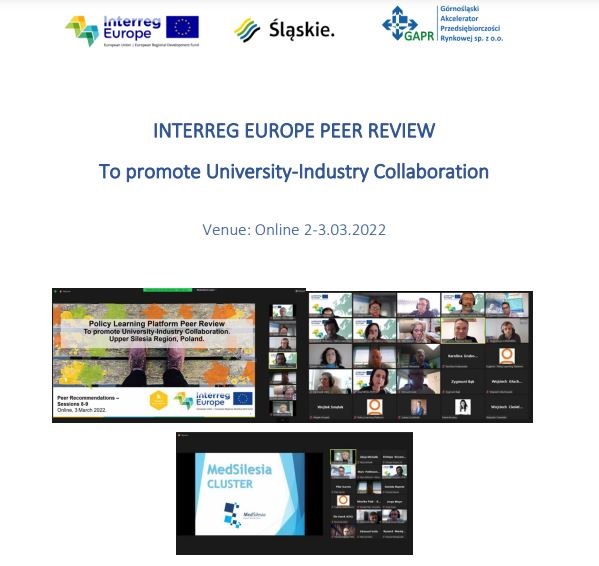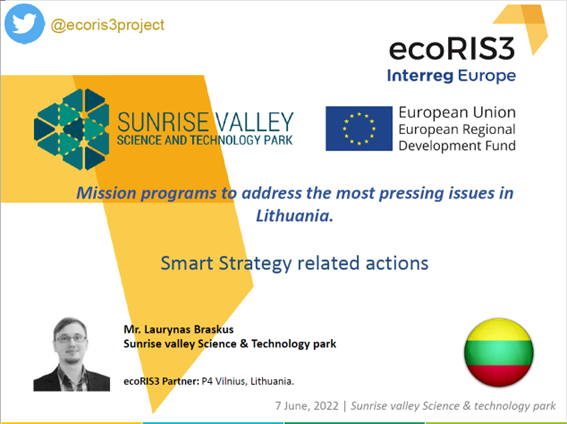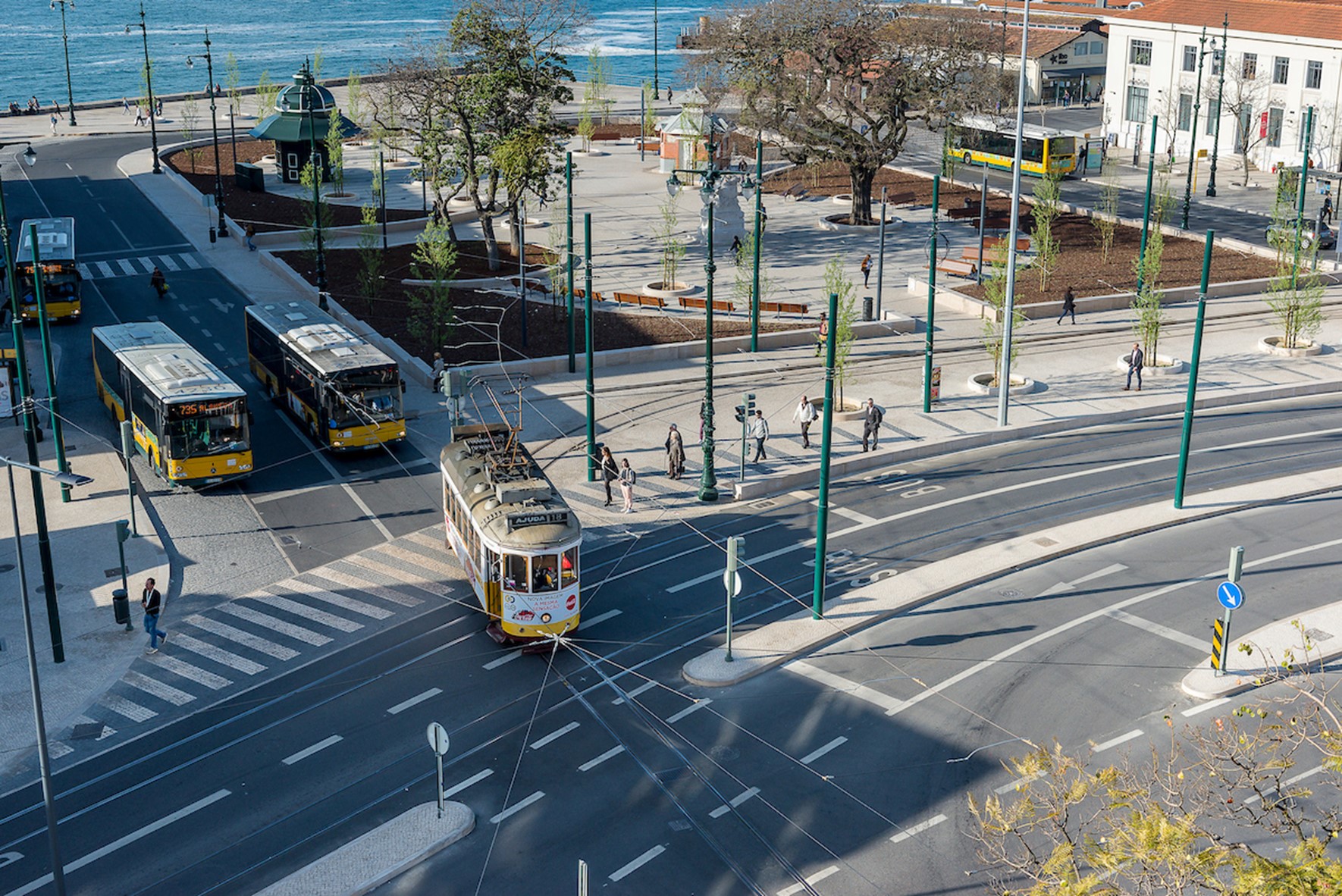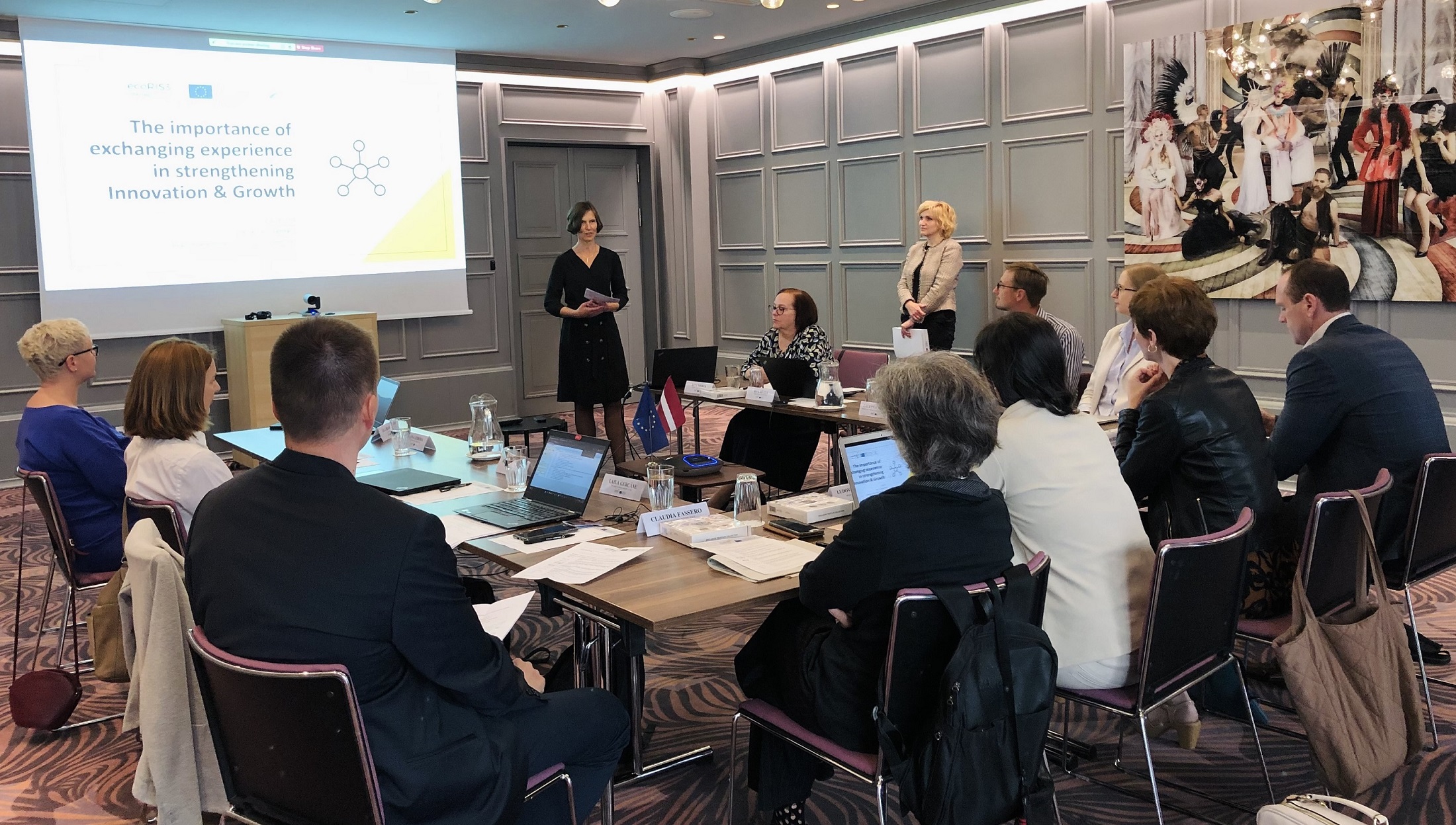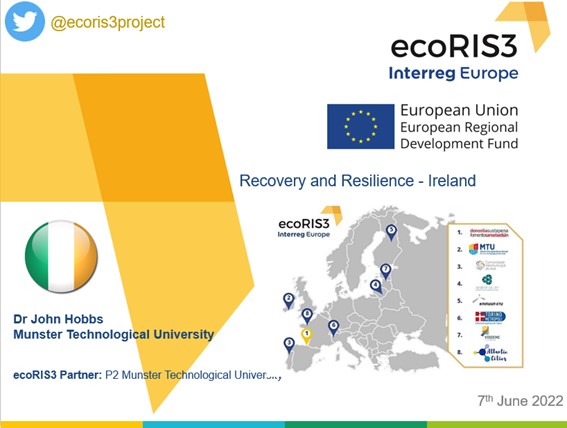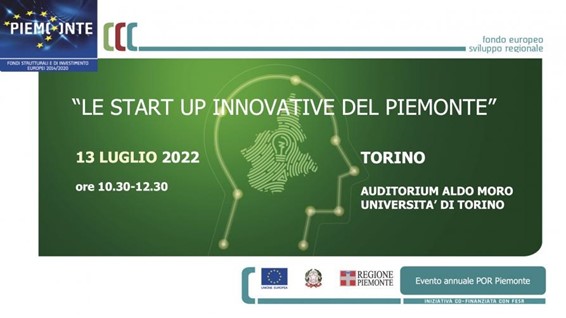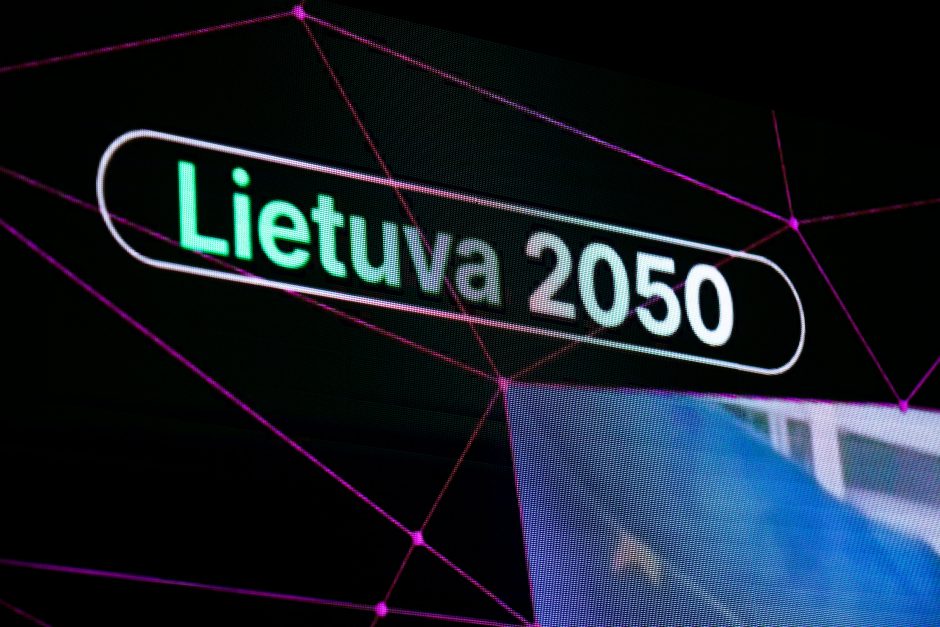I was fortunate to have had the opportunity to represent the ecoRIS3 project consortium in Brussels last week, where over two days I attended 3 of the 130 or so events organised. My first event was entitled Transferring knowledge to deliver results in regional innovation systems.
I also attended the half day sessions on E+ Knowledge Alliances: University-Business cooperation for regional development and an interesting workshop on Universities as agents of change in regions and cities.
If asked to nominate one strong common denominator running through each session and indeed individual presentations, it would have to be Regional Innovation Smart Specialisation Strategies- RIS3.
Details of all presentations during the Regions and Cities week are available for download here.
A strong emphasis was placed by EU experts on the role of RIS3 strategies, involving close collaboration across the quadruple helix players of Industry, Education, Policymakers and Civil Society, on RIS3 as a fundamental building block of future growth, social and economic well-being in the European Union.
While many cities and regions have active quadruple helix players at work on achieving sustainable regional growth and economic and social well-being, perhaps not all of them are as aware as others of the term “RIS3”.
It made me wonder just how aware people in industry, research, policy-making and civil society are of the fact that they are already working in a very active RIS3 environment. My own organisation, Cork Institute of Technology (CIT) is ranked as one of the principal reasons why we enjoy such a strong economy in the Cork region. CIT works in very close proximity with a wide range of companies- Institute courses are designed to meeting industry present and anticipated needs, there are high numbers of student placements in local industries and businesses. CIT works very closely with bodies, such as Enterprise Ireland and the Irish Industrial Development Authority. Similarly, CIT continuously engages with the local and regional authorities, chambers of commerce, local development and community organisations.
CIT has an outstanding record of supporting SME start-ups, we operate the most successful incubation Centre in Ireland. We have a very strong focus on entrepreneurship, where we have the Hincks Centre for Entrepreneurship Excellence, dedicated to developing entrepreneurship at all levels in our region. Entrepreneurship is a horizontal value across all CIT courses, we are field leaders in female entrepreneurship and student entrepreneurship is also highly featured and encouraged in CIT.
I would go so far as to say that in Cork we have a very strong RIS3 strategy. It’s just not written down anywhere with that label. If I was to ask a random sample of people across CIT what they understood what RIS3 means, I doubt very much if anyone would say “It’s everything that we do in here”.
My conclusion, following the Brussels events was that the ecoRIS3 project has a very important job to do over the next three or so years. This task will involve raising awareness of the concept and importance of having a RIS3; examining and sharing best practices in RIS3 development and roll-out and packaging all of those strategic connections and activities, together with their underlying component actions- under the label of RIS3.
Not having a coherent strong RIS3 strategy may be in the future become an impediment to receiving funding across a number of EU Programmes- structural and project related. These strategies, be they National or Regional, will need to tie in closely to key strengths and opportunities, and also address weaknesses and threats.
Cork Institute of Technology received very good news in the past week regarding the approval by the Irish Government for the construction of the new Learning Research Centre (LRC), to be located on the Institute’s Bishopstown Campus. The LRC, with an investment of more than €20 million, will be a very strong representation of RIS3 at work in our region.
While the building will be a very attractive one, most importantly its activities will be focused on significant inter-faculty activity, with the co-location of IT, Business and Engineering students and post graduates. Teamwork on an interdisciplinary basis will be the foundation underlining all LRC Study and Research activities. The LRC will also be the main focus for all interactions between CIT, local companies, policymakers and citizens.
This new CIT facility will be a hub for maximising the institute’s contribution to the Institute’s Smart Specialisation Strategy, within the wider Regional Innovation Ecosystem.
